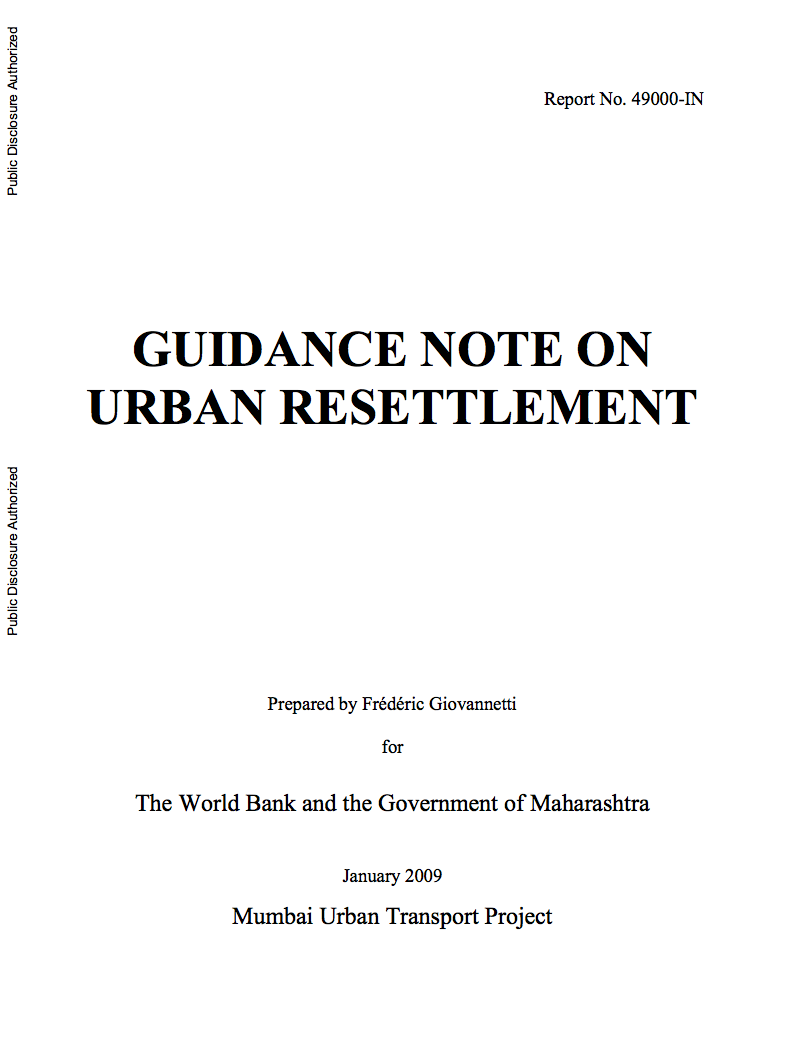The Impact of Pro-Vulnerable Income Transfers : Leisure, Dependency and a Distribution Hypothesis
This paper studies a transmission
mechanism through which pro-vulnerable income transfers may
affect individual decision-making of non-beneficiaries in an
extreme poverty context, leading to labor supply contraction
and the so-called dependency syndrome. The argument is based
on the distributional distortion this transfer may provoke
to the relative quality of leisure, enjoyed by the
population in an extreme poverty scenario. Assuming the


